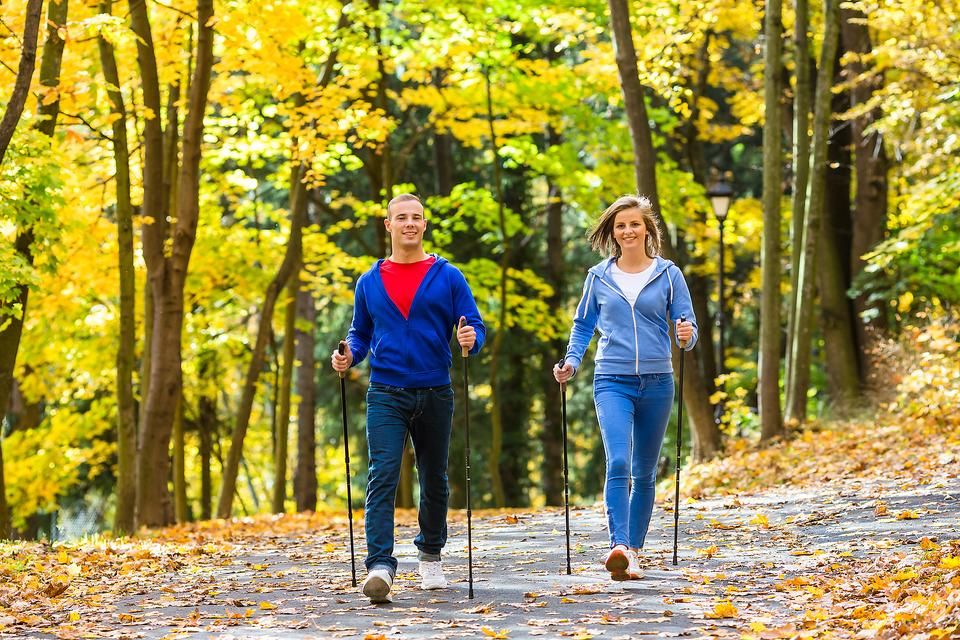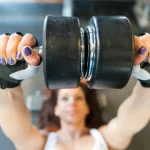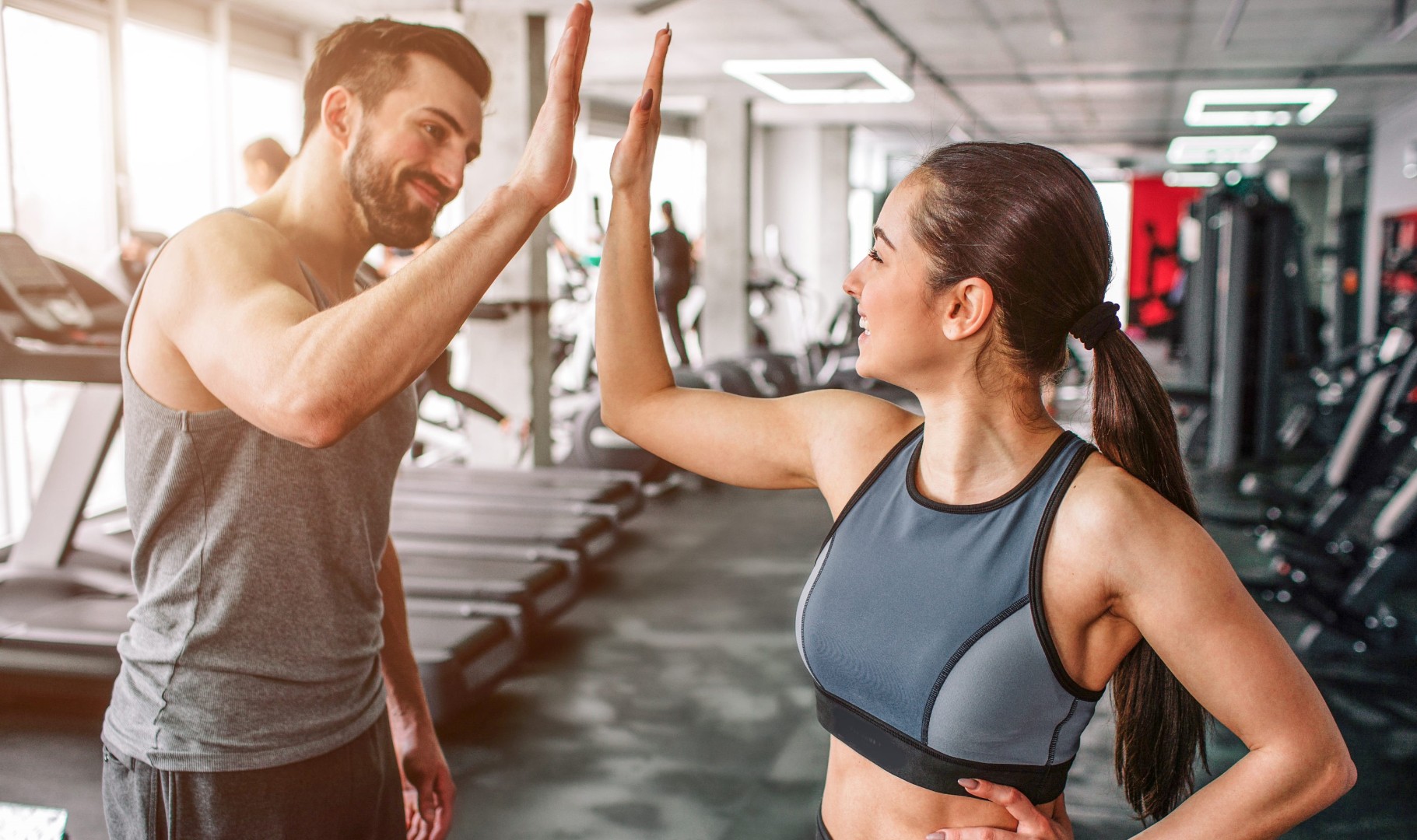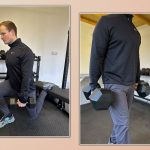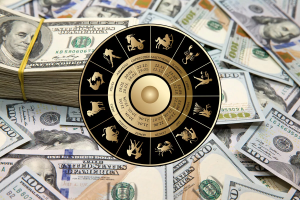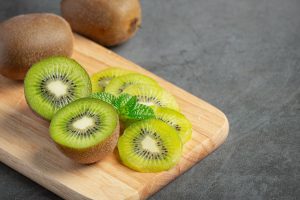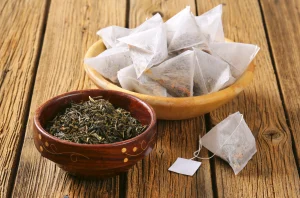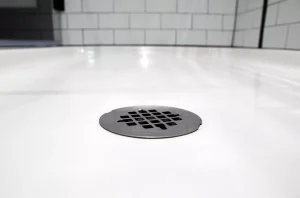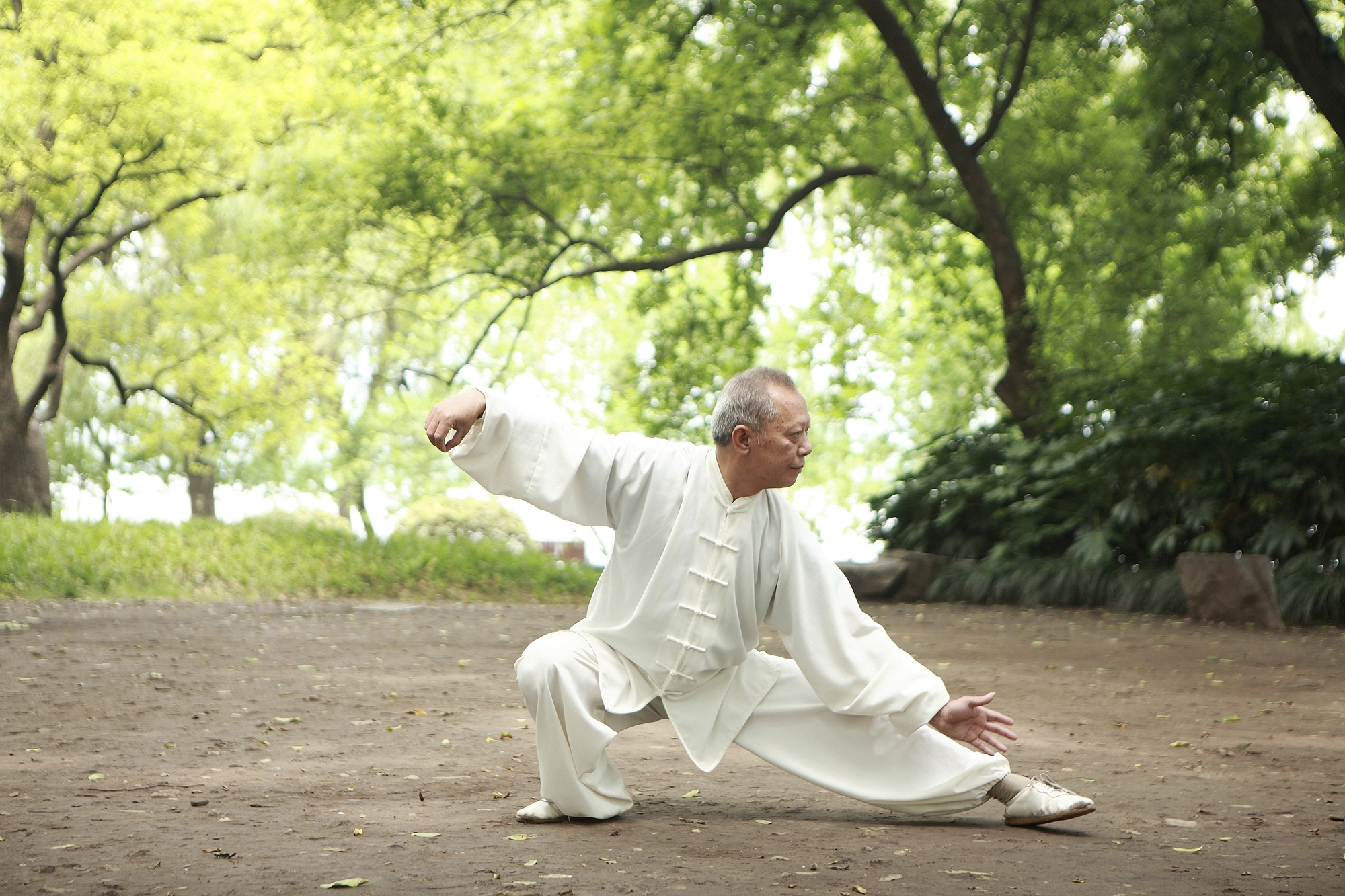
This practice is a simple and powerful key to maintaining physical and mental health as the years go by
To have a good quality of life, you don’t have to be an athlete or have a lot of experience in the world of sports. Nor is it necessary to dress in lycra or join the most expensive gym in the neighborhood. For those over 60 who want to stay active without breaking their backs in the process, there is a practice that has been working for centuries.
The funny thing is that it is not always given the importance it deserves; it is often seen as something distant, something that appears in films or that is done at a snail’s pace. However, more and more research suggests that it could be one of the most effective (and sustainable) ways to take care of physical and mental health as the years go by.
The exercise for “eternal youth” is Tai Chi and Chi Kung (also known as Qi Gong). Two sister disciplines, of Chinese origin, which combine slow and coordinated movements, deep breathing and mindfulness.
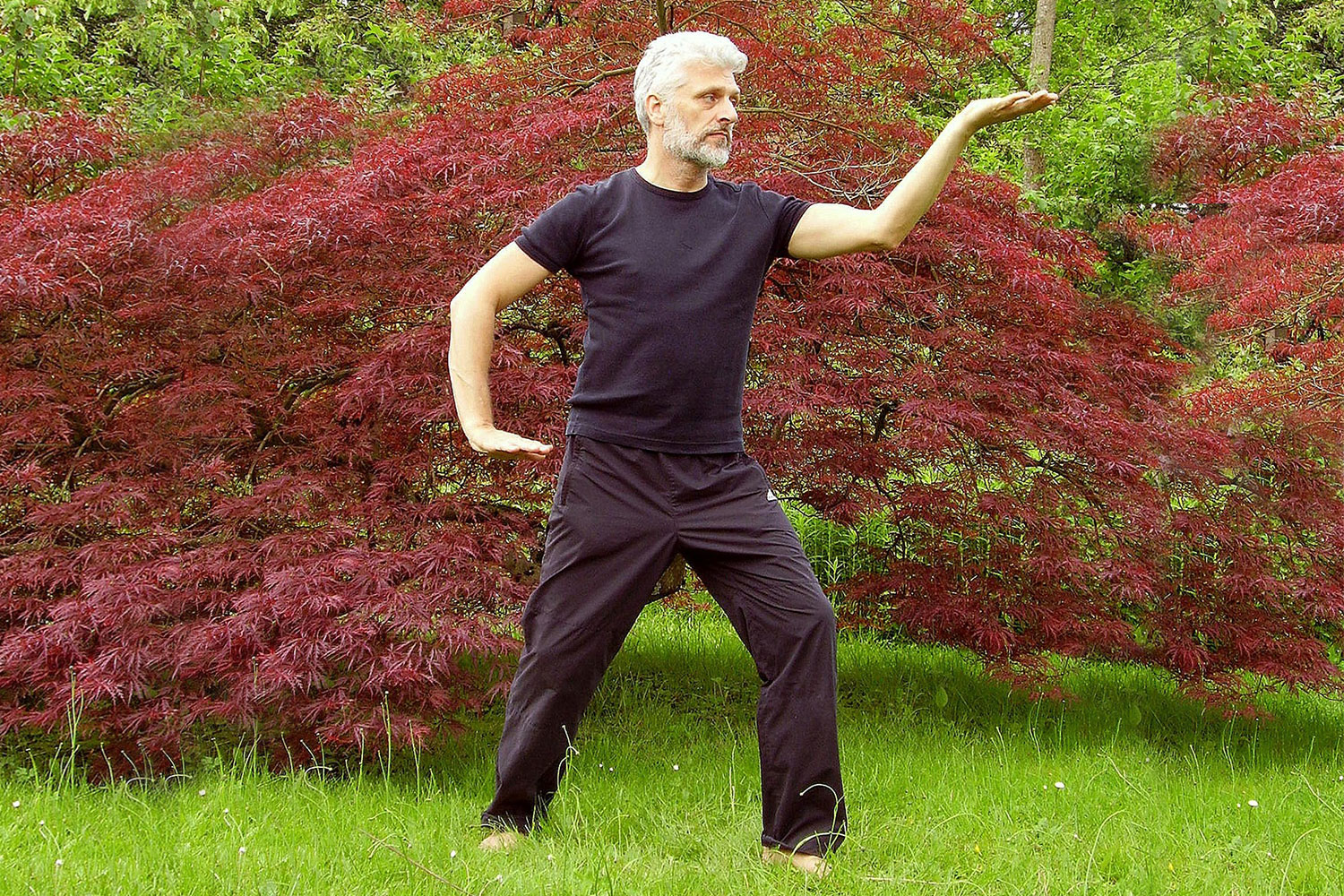
This is the training that gives the most benefits from the age of 60 onwards
The scientific community has begun to pay serious attention to it. Universities such as Harvard, Stanford and Queensland in Australia have published studies that confirm it: practicing Tai Chi or Chi Kung on a regular basis not only helps to maintain physical fitness, it also has a direct impact on cognitive functions. In other words, it helps to think better, to concentrate more, and to keep the memory in shape.
On the other hand, its effect on balance and coordination makes it a key ally in preventing falls, one of the greatest risks in old age. Just look at the figures: it is estimated that one in three women over the age of 80 will suffer a hip fracture. Tai Chi reduces that risk by almost half. And it does so without the body suffering.
The movements are gentle, circular, without bouncing or impact. The joints are not overloaded and the muscles are strengthened from within.
Unlike other more demanding or mechanical exercises, the mind is also trained here. Remembering the sequence of movements, coordinating breathing and posture, maintaining attention… all this is brain gymnastics.
A recent review published in BMC Geriatrics analyzed 17 clinical trials with more than 2,300 participants and concluded that Tai Chi and Chi Kung not only improve physical function, but also have a direct impact on cognition. According to the study, “the effect on the mind does not depend solely on physical improvement, but the very practice of these disciplines has a significant impact on mental agility.”
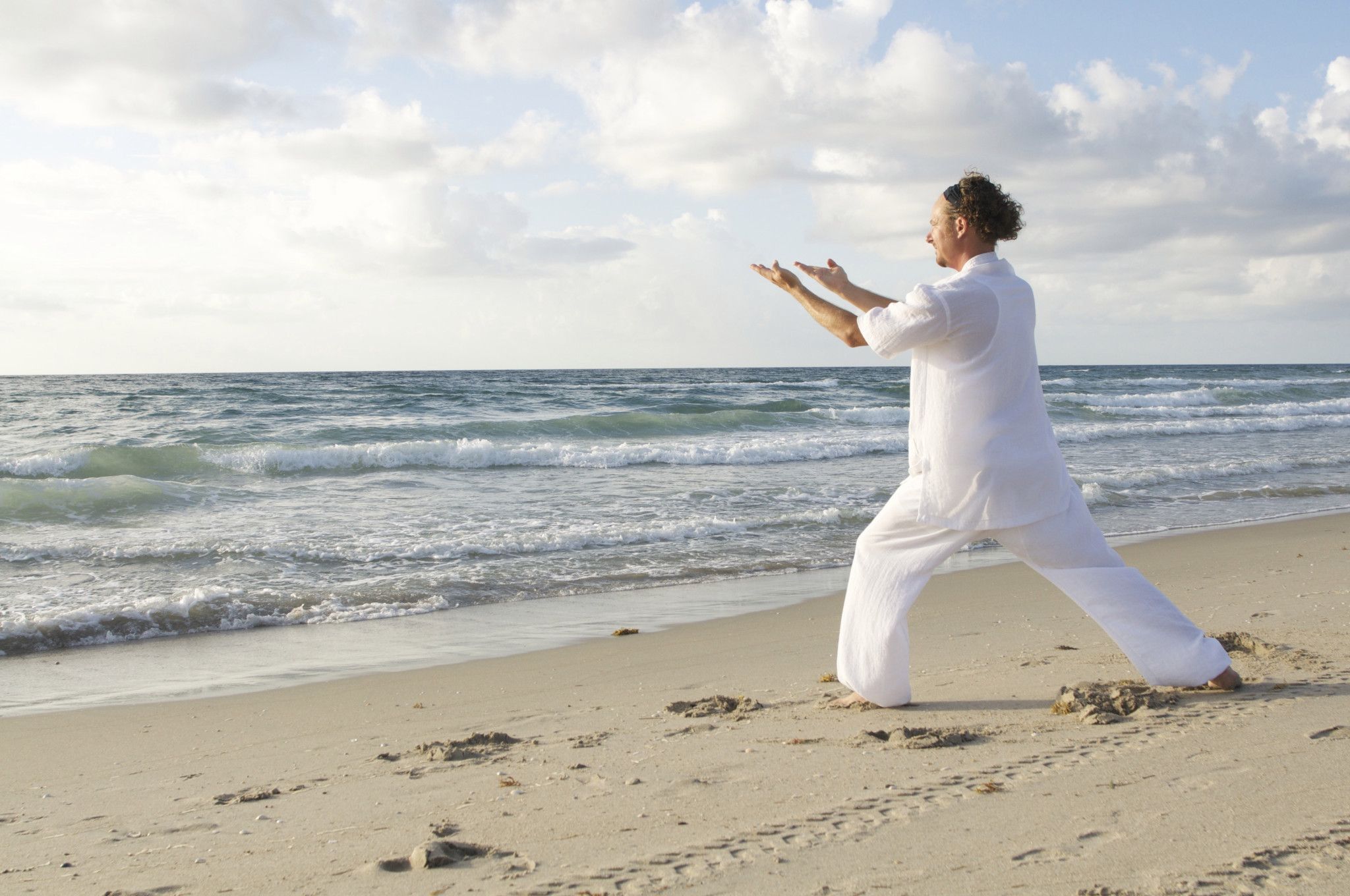
The emotional impact of exercising after the age of 60
Practising Chi Kung or Tai Chi involves leaving the house, breathing fresh air, moving without haste and sharing space with other people. All of this, which may seem incidental, has a huge impact on mood. It reduces stress levels, improves sleep and, according to several studies, can even help in cases of diseases such as fibromyalgia, hypertension or type 2 diabetes.
Of course, it is not a magic bullet or a quick fix. Learning it takes time, and at first it can seem slow or even frustrating. But that learning curve, far from being an obstacle, is part of what makes it so powerful.

